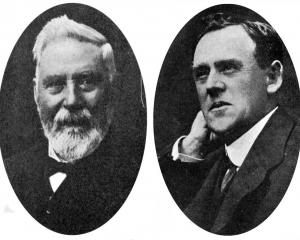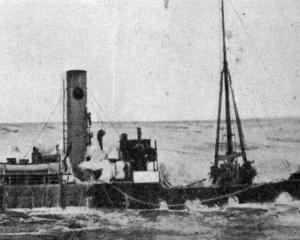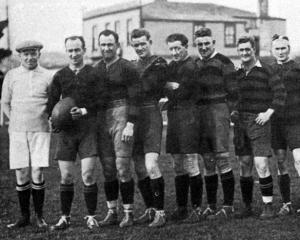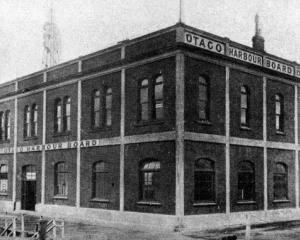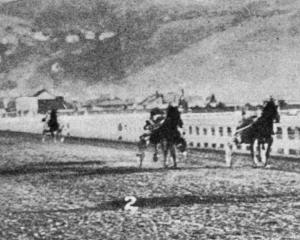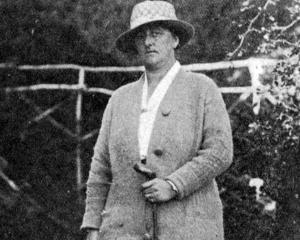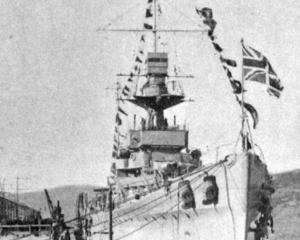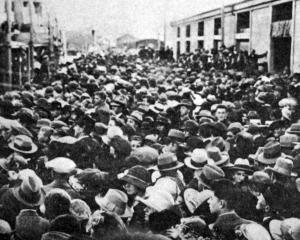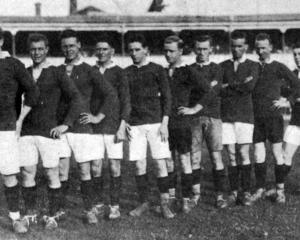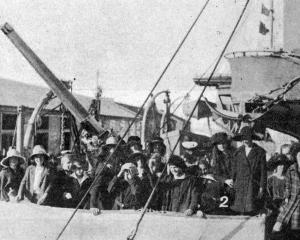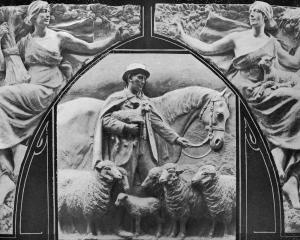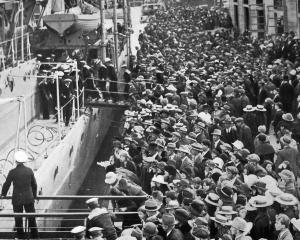Everything was satisfactory in the institutions. There were at present 70 children in the Glendining Home, 42 boys at Grant's Braes, and 26 at Clyde street. Thirteen boarded in private families, and 150 older lads were in situations in town or country.
Thirty seven young men were away at the front. Interesting extracts were given from the letters of some of these.
One lad, who had been rather wild before coming under the care of the association, and had contracted considerable debt, wrote: ''I have been greatly troubled about the 20 I owe. He must be having a hard time just now. Please pay him the full amount out of my half pay.''
Another graphically described the landing at the Dardanelles.
''We charged up in a body, then all at once I seemed to see no one but the Turks in front. I went at it with a bayonet. Suddenly I knew no more, and I woke up being carried away. I believe I killed six.''
The war had to a certain extent affected the financial position of the orphanages, but staunch friends were still standing by the children.
The committee had read with gratitude of a legacy having been left by the late Mr Ralph Ewing, who had always been a steadfast friend of the association.
• One day recently one of the coal lumpers engaged in No. 3 hold of M'Ilraith, M'Eacharn, and Co.'s collier Kooyong, lying at Port Adelaide, drove his shovel through what is believed to be a plug of gelignite.
The man discovered that he had driven his shovel within an inch of a detonator used in the gelignite. Attached to the detonator was a piece of fuse. He handed his find over to Captain Chapman, the manager of the coal depot, and it was impounded.
Whether the gelignite had been placed there by design, or whether it got there accidentally as an unexploded charge from the colliery at which the coal was obtained is a matter for conjecture.
Captain Chapman inclines to the view that it was intentionally lodged in the hold, as this was the third instance of a similar kind he had heard of recently. The weight of the plug would be from three to four ounces, and if it had been exploded could have caused serious damage.
• A National Highway Conference was held at Taumarunui to discuss proposals for securing through communication between Auckland and Wellington. Mr A. S. Laird (president of the Taumarunui Chamber of Commerce) presided.
After discussion, it was agreed that a national highway be constructed between Auckland and Wellington, the Government to be asked to provide half the cost, as well as to maintain the road, local bodies concerned to provide the other half in proportions, as allocated by a commission.
It was also carried: ''that when the national highway is under construction, a tax be levied on motor vehicles for the upkeep of this and other roads.''
Mr W. H. P. Barber (Wellington) moved, and it was agreed, that a deputation be appointed to lay the resolutions of the conference before the Prime Minister.
• As indicating the earnestness of one of the students at the engineering class at the Nelson Technical School, the director reported to the Education Board on Monday that this student, who is most regular in his attendance, walks 18 miles every time the class is open, in order to be present.
- ODT, 27.7.1915.

